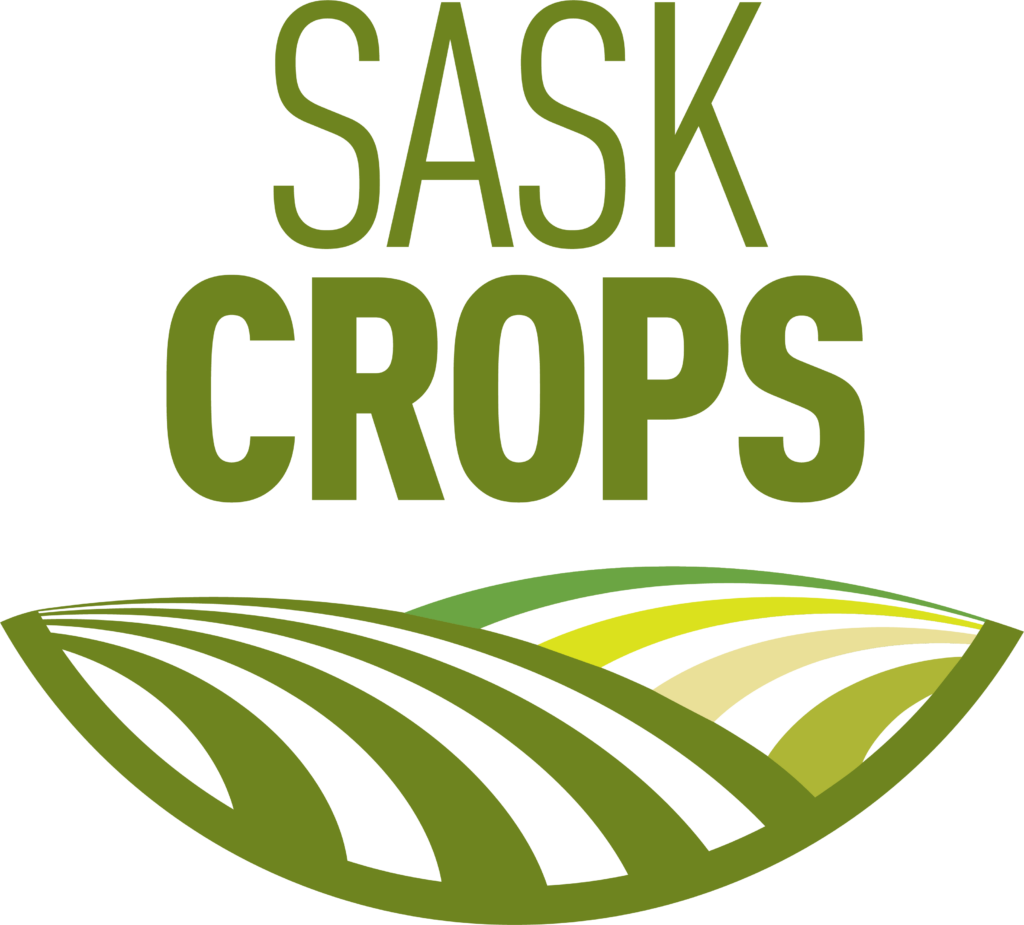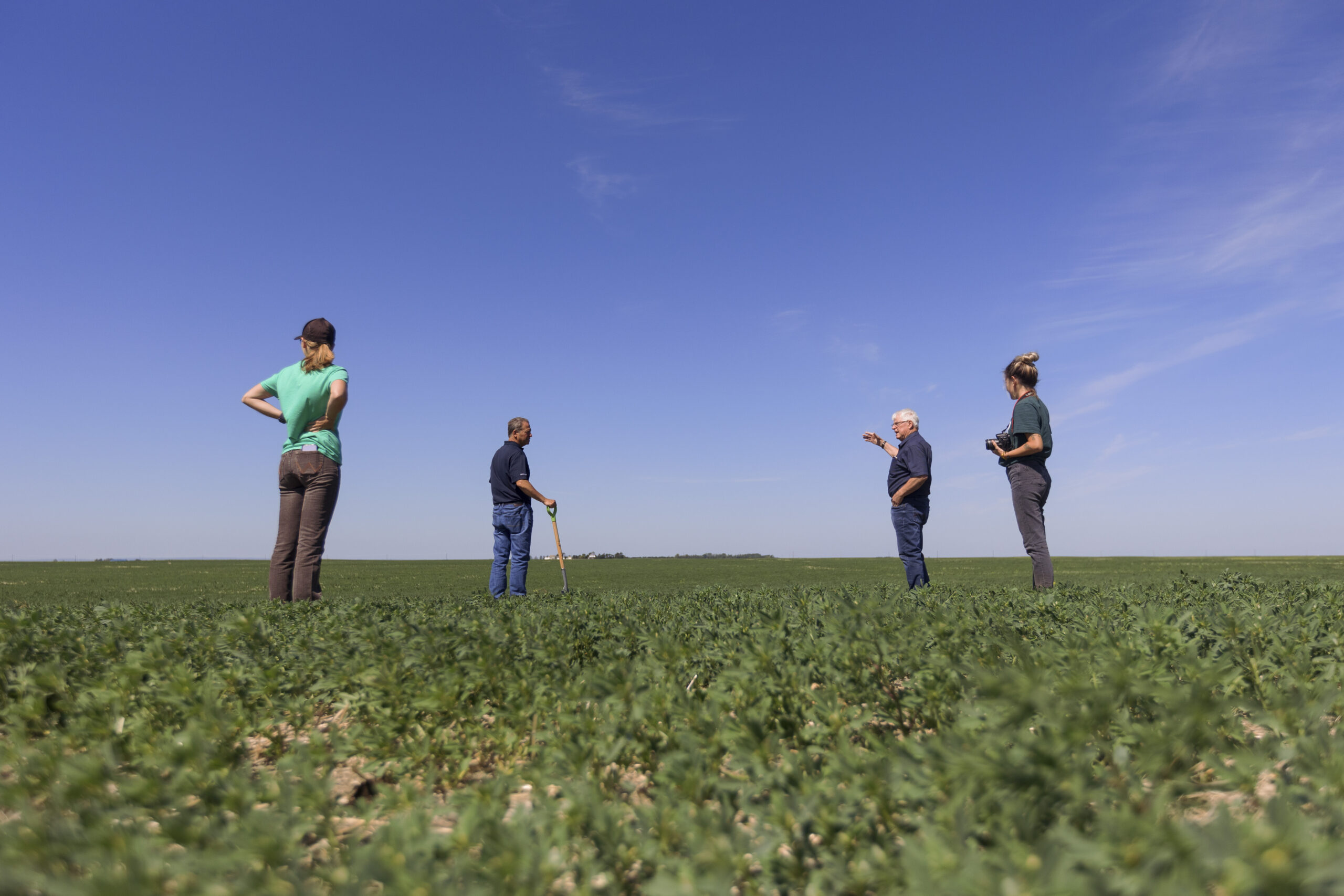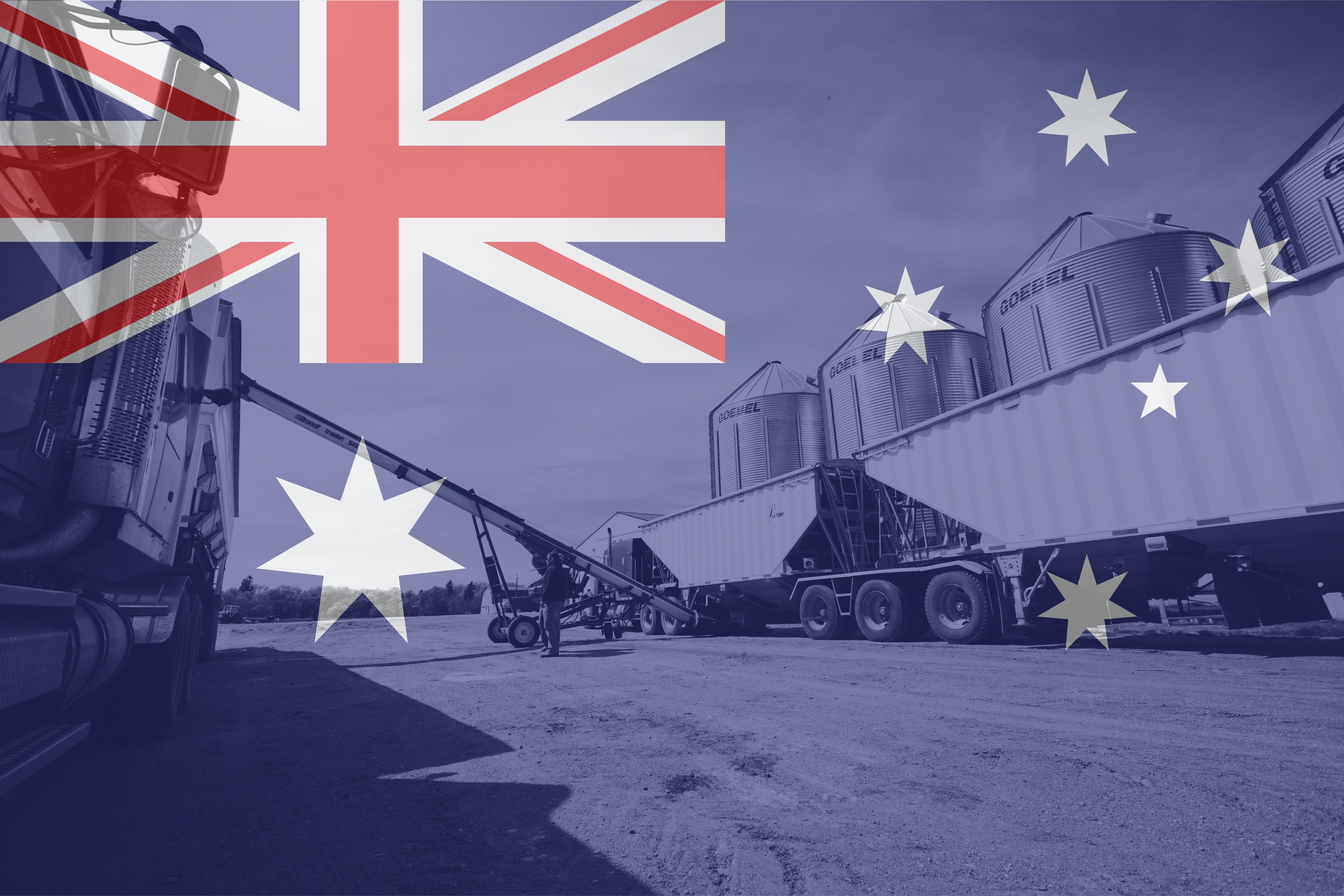By Noelle Chorney
Farmers’ voices are louder when they all speak together. Saskatchewan Pulse Growers (SPG) and several other Saskatchewan growers’ commissions have combined forces under the SaskCrops banner and are lobbying on producers’ behalf on topics that are critical to Saskatchewan farmers.
SPG Board Chair Trent Richards says, “Whether you grow cereals, oilseeds, pulses, or all of the above,many of the issues are the same. We serve our members better when we join together to speak for all farmers.”
SPG Executive Director Carl Potts explains, “What really brought us to work together more closely was the government rolling out some of its environmental policies, such as carbon tax reform. It was around those issues that we began to work more formally, in an integrated way.”
While SaskCrops formalized its existence in response to federal environmental policies, farmers have been requesting – and receiving – support from SaskCrops on several fronts. A recent success story involved increasing compensation rates for disaster relief in the AgriStability program. After an initial deadlock, federal and provincial governments agreed to increase the compensation rate from 70% to 80%, which SaskCrops worked to advocate for to both levels of government.
The disastrous drought of 2021 revealed another serious issue – that grain contracts place the burden of risk primarily on farmers rather than buyers. When many farmers were unable to deliver their bushels under contract because of the drought, some found themselves having to buy out their shortfall, with high administration fees in some cases.
SaskCrops and the Agricultural Producers Association of Saskatchewan (APAS) commissioned a report released in July 2022 which identified that grain contracts are heavily tilted in favour of the grain buyers. The report made recommendations for improving clarity and balance between farmers and grain buyers, in a way that will benefit everyone in the industry. Next steps involve initiating discussions with government organizations and stakeholders.
Resolutions at commissions’ Annual General Meetings (AGMs) in past years have focused on the transparency of grain export sales reporting. As part of the Canada Grain Act Review, SaskCrops is requesting that farmers get weekly access to information on grain sales. Richards says, “For producers, it is useful information to have some idea about the direction of market prices. Producers need to decide when it is a good time to sell their harvested crops. Grain companies have this information, but farmers do not – which puts them at a disadvantage.”
These issues are keeping SaskCrops busy while they wait for more information from the federal government on the issues that brought them together – the carbon tax and fertilizer emission reduction targets. “Without the government setting the baseline for these targets, we cannot determine what, if anything, we need to do to meet their requirements,” says Richards.
While outcomes are still limited on these long-term files, Grain Growers of Canada has launched Road to 2050, to develop a farmer- driven roadmap to net zero by 2050. This proactive approach allows the agriculture sector to define its own pathway to net zero.
“When you are lobbying government, the more voices they hear, the better. When we have a presence in Ottawa, it is easier to be heard. That is why collaborating with commissions through SaskCrops and national organizations like Pulse Canada and Grain Growers of Canada is essential in ensuring we get Ottawa’s attention,” says Richards.
Potts says, “We have heard loud and clear from farmers that they expect our organizations to work closely together to give them an even stronger voice. We are happy to do that and we work very well together. Farmers have brought resolutions to our AGMs on contracts, carbon tax, and so on. We need to be responsive to what producers are asking for. A collaboration of commissions from the largest crop- producing province in Canada gives us a larger impact.”
SaskCrops is a coalition of Saskatchewan crop organizations working to ensure that Saskatchewan farmers remain competitive and profitable and includes SPG, SaskWheat, SaskCanola, SaskFlax, SaskBarley, and SaskOats.

Published March 2023



